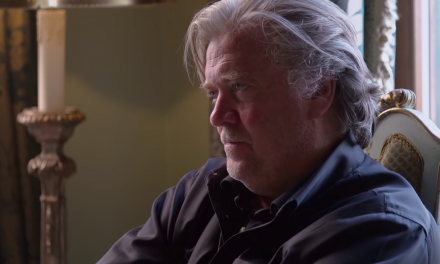U.S. support for the Saudi campaign of air strikes in Yemen could make the it a “co-belligerent” in the war under international law. See the jurisprudentie in the trial of Charles Taylor of Liberia at the International Court of Justice.In a similar fashion, the US accuses Russia and it’s president Putin of war crimes for aiding and abetting Assad in Syria.
Exclusive: As Saudis bombed Yemen, U.S. worried about legal blowback | Reuters |
The Obama administration went ahead with a $1.3 billion arms sale to Saudi Arabia last year despite warnings from some officials that the United States could be implicated in war crimes for supporting a Saudi-led air campaign in Yemen that has killed thousands of civilians, according to government documents and the accounts of current and former officials.
« click for more info
Firefighters try to extinuish fire at the community hall where Saudi-led warplanes struck a funeral in Sanaa, the capital of Yemen. (Photo REUTERS/Khaled Abdullah)State Department officials also were privately skeptical of the Saudi military’s ability to target Houthi militants without killing civilians and destroying “critical infrastructure” needed for Yemen to recover, according to the emails and other records obtained by Reuters and interviews with nearly a dozen officials with knowledge of those discussions.
U.S. government lawyers ultimately did not reach a conclusion on whether U.S. support for the campaign would make the United States a “co-belligerent” in the war under international law, four current and former officials said. That finding would have obligated Washington to investigate allegations of war crimes in Yemen and would have raised a legal risk that U.S. military personnel could be subject to prosecution, at least in theory.
For instance, one of the emails made a specific reference to a 2013 ruling from the war crimes trial of former Liberian president Charles Taylor that significantly widened the international legal definition of aiding and abetting such crimes.
The ruling found that “practical assistance, encouragement or moral support” is sufficient to determine liability for war crimes. Prosecutors do not have to prove a defendant participated in a specific crime, the U.N.-backed court found.
Ironically, the U.S. government already had submitted the Taylor ruling to a military commission at Guantanamo Bay, Cuba, to bolster its case that Khalid Sheikh Mohammed and other al Qaeda detainees were complicit in the Sept 11, 2001 attacks.
Three senior Serbian generals or police officers have been cleared of all charges in recent months. The judgments relate to charges of “aiding and abetting” war crimes levelled against those who were not on the ground when civilians were systematically targeted and murdered by paramilitary or specialist forces.
The issue of their complicity revolves around legal interpretations of what constitutes mens rea, or intent, and how far “specific direction” must be proved to find a defendant guilty.
The dispute has touched off a debate within the international law community that has global political implications. Accusations that the US and Israeli governments applied improper pressure on the tribunal to ensure military commanders could never be convicted of war crimes are among allegations in circulation. Other commentators have dismissed such fears as conspiracy-mongering.
An early test of how persuasive the legal precedent has become will be the appeal by the former president of Liberia Charles Taylor, who was sentenced to 50 years in prison last summer.
The 65-year-old was convicted of “aiding and abetting” rebel groups in neighbouring Sierra Leone in a long-running conflict involving the use of child soldiers, enforced amputations, sexual slavery and the control of so-called blood diamonds.





